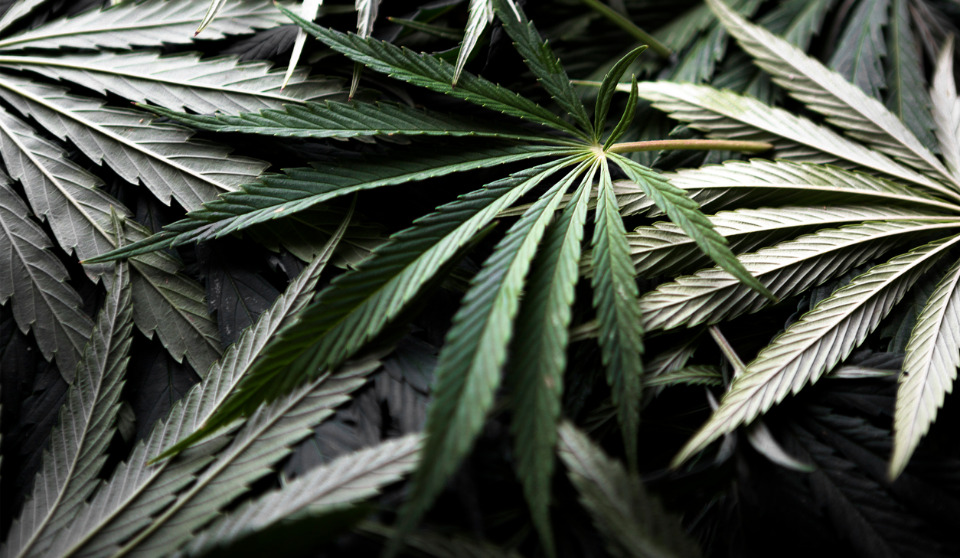Drug testing plays critical role in ensuring a healthy and safe workplace

Recent changes to the legal status of cannabis have raised important questions for Canadian employers as existing guidelines are evolving. These new challenges can be confusing for employers who are keen to ensure a healthy and safe workplace.
Cannabis impairment and drug misuse in the workplace can be dangerous, especially in high-risk or ‘safety sensitive’ environments such as ones in which employees are asked to drive or handle industrial machinery or tools.
Drug testing in the workplace has many functions, says Randal Roberts of Tenby Medical. “One of the biggest uses of drug testing is in reasonable cause or post-incident testing,” he says.
“Reasonable cause could be, not necessarily an accident or an incident, but a supervisor or another worker who has observed some unusual behaviour and there’s thought to be some kind of impairment involved,” says Roberts. By post-incident, Roberts means that drug testing could be required following an accident that may be connected to impairment due to alcohol or drugs.
There are ethical and personal concerns around drug testing. One may view the process as being intrusive as traditionally, for decades, drug testing has been done most commonly through urine drug screening.
Roberts also raises the point that “the challenges with urine based drug testing, and with cannabis in particular, is that “the metabolites of cannabis stick around in the body for weeks.” This means that there can be traces of cannabis in the sample provided that date back from a few weeks.
For example, he says, a failed urine based drug test does not necessarily mean the worker is impaired if they are a regular recreational cannabis user. One may fail the test due to regular usage outside of work, but not be impaired in the workplace.
Innovative tech now has an answer for this, says Roberts, by reducing the analysis time window. Tenby Medical is introducing to Canada an exciting new drug screening system from the UK based Intelligent Fingerprinting, that features a 12 hour time window for the most popular drugs of choice including cannabis. The test can detect whether a worker has used cannabis within the last 12 hours. Roberts says that “we still can't say the person is impaired, but what we can say is that they've used within the last 12 hours. For most people, there’s a really good chance that person could still be impaired.”
Another more recent challenge is obviously COVID-19. Roberts says: “The biggest problem with any kind of kind of current drug testing during COVID is the inability to social distance.” Indeed, in different testing scenarios the person conducting the test and/or doing the analysis may need to be in close proximity with the worker being testing. This is the case with both urine based testing and oral swabs.
This is another area in which Tenby Medical’s Intelligent Fingerprinting system is a solution. Both the person conducting the test and the worker can wear face masks and be adequately socially distanced. Intelligent Fingerprinting is also currently working on a 10-minute COVID-19 that will use the same screening system as their drug screening system but will analyze saliva instead of sweat off of fingerprints.
Drug testing in Canadian workplaces is an essential topic. For important guidance around workplace drug testing and how organizations can address drug misuse more efficiently and effectively in the COVID-19 age, download this free white paper from Tenby Medical here.





